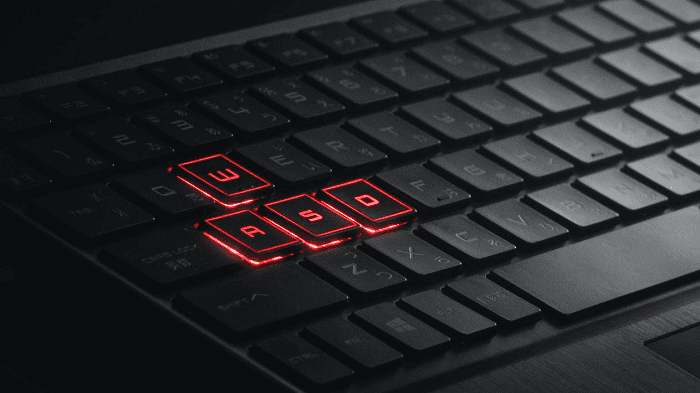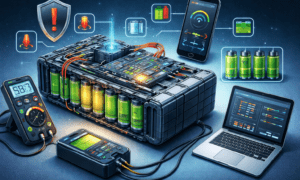Gaming laptops are slowly becoming more and more popular among those who enjoy a good online scrap. That being said, shopping for a gaming laptop requires knowing exactly what you want out of your machine.
To help you out, we’ve put together a short guide on everything you’d want to look for in a gaming laptop. By the time you’re done reading this, you should have all the relevant info to make an educated decision!
Graphics Card
We start our list with the graphics card, which might be somewhat unconventional. The reason for this is simple — GPUs are the core component that will define your gaming experience on a laptop. Different manufacturers are using different chips, but you’ll definitely want a dedicated card, preferably of newer make. There are awesome models out there that feature the Nvidia GTX3070 or even 3080 mobile chips.
You should try to get the best possible GPU you can afford, just like you would with a desktop PC. Only a GPU is even more important as far as laptops go since you can’t just pull it out and swap with a new one severely years down the road.
CPU and RAM
CPU and RAM memory is the next most important factor after the GPU. We’ve decided to place these two second on our list due to the fact that most gaming laptops with beastly GPUs come with equally beastly CPUs and RAM. Most of the best gaming laptops under $1500 feature the latest generation of Intel or AMD chips, all of which are perfectly capable of pushing AAA titles at high FPS. Both Intel and AMD have reached a point of diminishing returns as far as chip architectures go, and software manufacturers know this very well.
You’ll rarely find a rig that is bottlenecked by its CPU, even if it is several years old. It’s a similar situation with RAM. Most modern gaming laptops feature 16 GB or 32 GB of DDR4 RAM or higher, which is all you really need to push even the most demanding games. Not to mention that VRAM on modern GPUs takes the brunt of the work anyway.
Screen Resolution and Refresh Rate
If there’s one area where gaming laptops go against the grain, it’s the screen resolution. Most modern gaming laptops are sticking to Full HD screens. In other words, 1080p is still the norm for most rigs, even in 2021. The reason why most gamers prefer Full HD over 4K and UHD resolutions is the fact that Full HD delivers more than enough detail without putting too much strain on the hardware.
What is much more important gaming-wise is the refresh rate. 4K and UHD screens are generally limited to 60Hz and 120Hz refresh rates. Any pro or semi-pro gamer will tell you that 144Hz is still the sweet spot. That being said, modern screens are capable of much more. In fact, you’ll usually find that most gaming rigs nowadays feature 240Hz or even 300Hz refresh rates.
If you’re into competitive FPS games, a higher refresh rate is a must. However, if you’re into MOBA or MMORPGs, you could benefit from a higher resolution.
Battery Life and Noise

We also need to mention battery life as well as noise. Despite the insanely low TDP of modern hardware, gaming laptops are still using a lot of juice to deliver their performance. Gaming on the go comes at a cost of shorter battery life. When looking for laptops, make sure to compare battery capacities as that will define how long you’ll be able to game without a wall outlet around.
All computers require cooling. In a laptop, cooling can be extremely noisy, which can become rather annoying fast. Different manufacturers are using different cooling technologies which can reduce noise, but also noise-canceling software solutions such as Nvidia’s “WhisperMode”. Either way, be prepared for a compromise since gaming laptops are still running fairly hot when you push them hard enough.
SSD Is a Must
Lastly, do yourself a favor and pick a laptop with a decently sized SSD. SSDs greatly reduce loading times thanks to their ridiculous read/write speeds. A hybrid setup with a small SSD and a large HDD is probably optimal if you plan on doing more than just gaming on your laptop. However, considering the size of modern games (100GBs and larger), a large SSD is slowly becoming a requirement.
Unlike a desktop gaming PC, you can’t really turn your laptop into a ship of Theseus by replacing every outdated component. What you buy is what you’re stuck with for the most part. Because of that, try to get the best rig you can afford.




































